1. Milkman
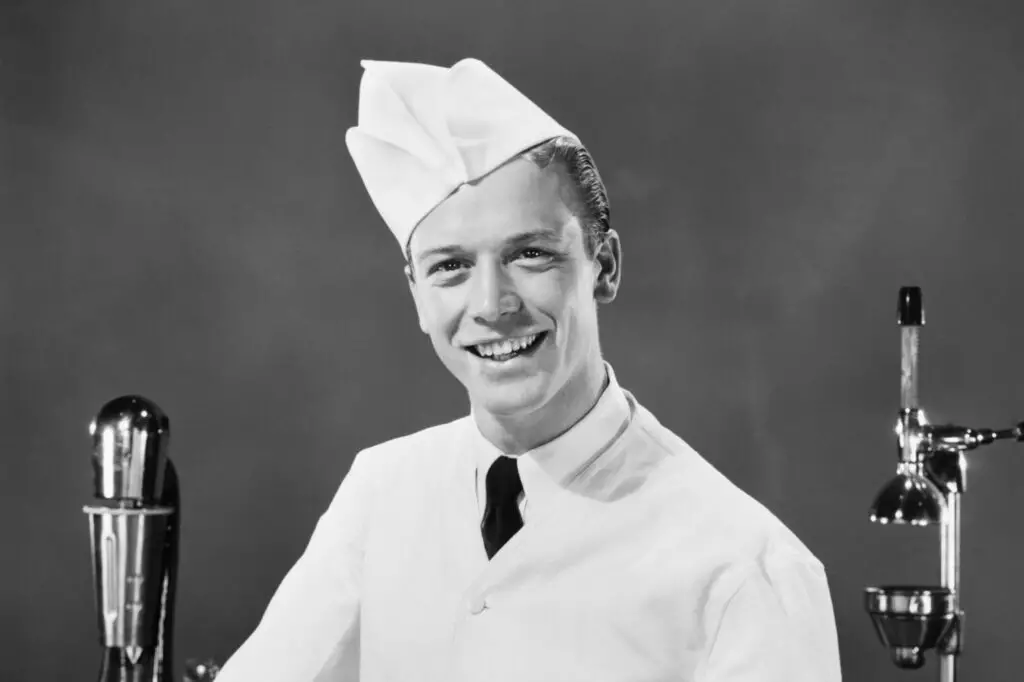
In the early days of the Baby Boom, milkmen were as essential as the sunrise. These folks were responsible for delivering fresh milk straight to your door—sometimes multiple times a week. They worked early hours, often starting before dawn, and traveled their routes in a truck or cart, keeping the milk cold with a layer of ice. It was an era when a glass of milk was the go-to beverage for breakfast, and families could count on a consistent delivery service shares ReMIND Magazine.
Over time, though, refrigerated home delivery lost its place in daily life. With supermarkets rising in popularity and refrigeration technology improving, people no longer needed milk brought right to their doorstep. By the ’70s, milkman services began to dwindle. While some milkmen made their way into other industries, the job itself slowly became a relic of a different time adds the Daily Meal.
2. Switchboard Operator
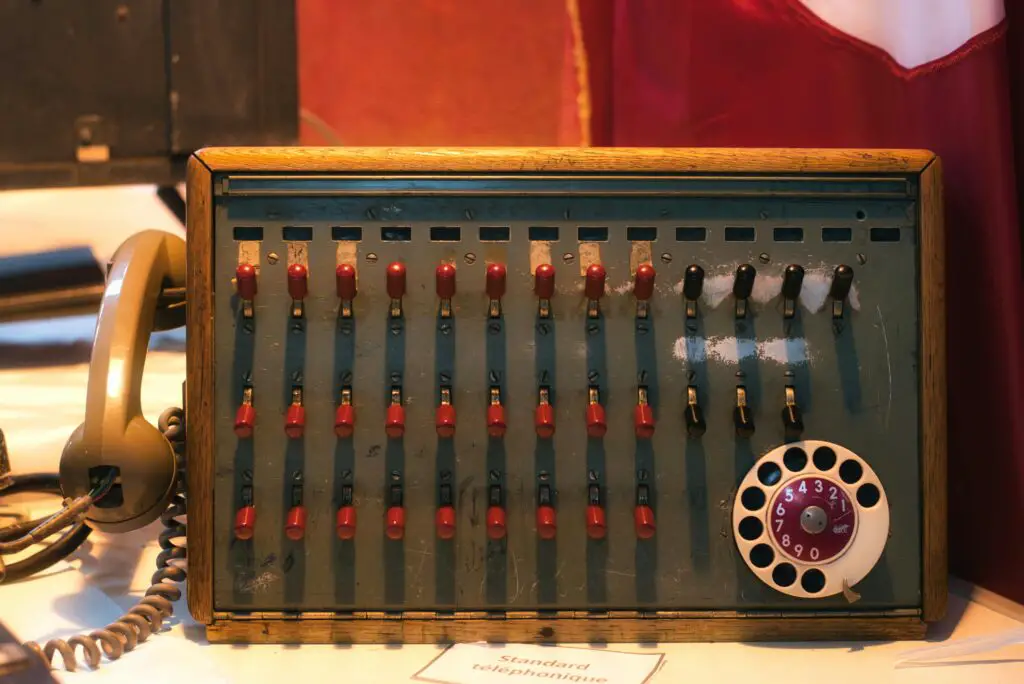
Before smartphones, texting, or even direct dialing, switchboard operators were the ones who connected calls. Sitting at massive desks filled with rows of cords and plugs, operators were responsible for manually connecting phone calls by inserting wires into specific slots. They worked in telephone exchanges, connecting everything from long-distance calls to local chats, with a level of precision that’s hard to imagine today adds Duke Today.
As telephone technology advanced, especially with the introduction of automatic dialing systems, the need for manual switchboard operators diminished. With new systems requiring far less human intervention, the role became largely obsolete by the ’80s. This job, which once required patience and impeccable attention to detail, was replaced by machines that could handle calls instantly and efficiently.
3. Typist
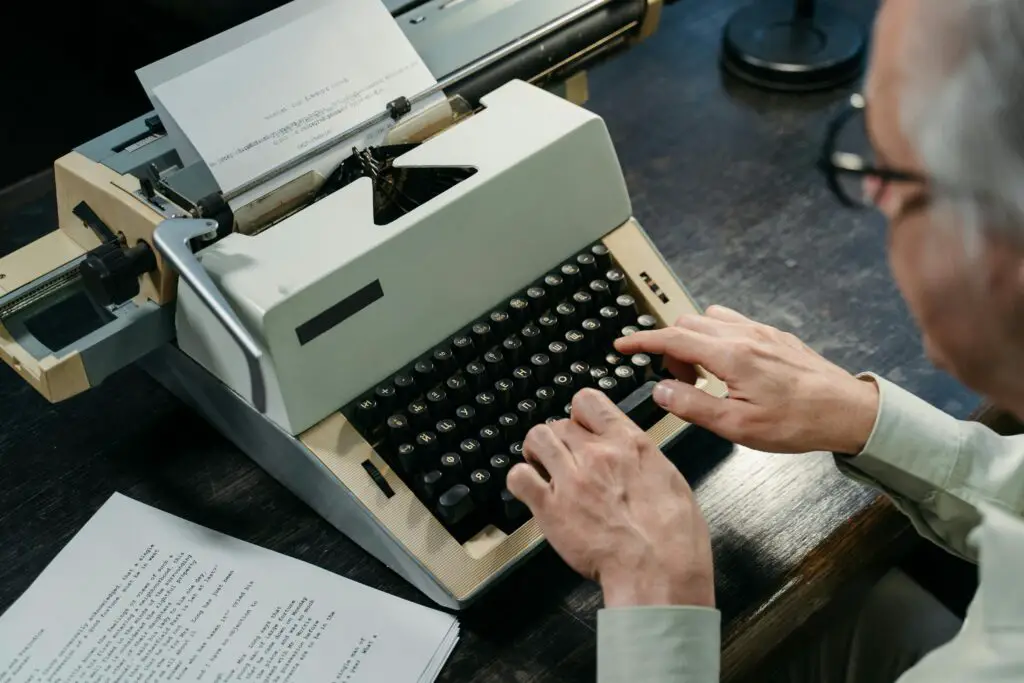
Back when typewriters ruled the office, the typist was an indispensable part of the workforce. They sat at their machines, typing up everything from letters to reports with speed and accuracy. Typists were often seen as the backbone of any office, supporting everyone from executives to lawyers with their ability to create perfectly formatted documents in a fraction of the time it would take someone to write by hand says USA Today.
The advent of personal computers and word processing software, though, gradually put an end to the era of professional typists. As technology advanced, people became more accustomed to typing their own documents, and companies no longer needed entire departments devoted to the task. It wasn’t long before the typist position faded into the background, replaced by the self-sufficiency of personal devices.
4. Film Projectionist
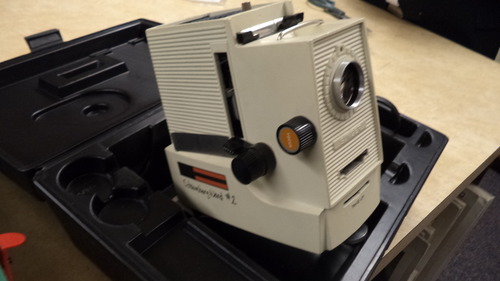
Before streaming services and digital films, film projectionists were the unsung heroes behind movie theaters. These experts operated the heavy machinery that displayed films on the big screen. They were responsible for making sure the reels were correctly loaded, the projector was calibrated, and the show went off without a hitch. For many moviegoers, a night at the theater was made possible by the skilled hands of a projectionist.
With the rise of digital cinema and the shift toward automated systems, projectionists became unnecessary. Digital projectors could be programmed to run on their own, and the need for reel-to-reel expertise vanished. As the film industry transitioned to digital formats, the role of the projectionist faded away, marking the end of a traditional era in filmmaking.
5. Elevator Operator

Back in the mid-1900s, elevator operators were a common sight in tall buildings, especially in big cities. Their job was to manually operate the elevator, guiding it from floor to floor with a lever or button. They greeted guests, helped people get to their desired floors, and sometimes even acted as informal concierges, offering directions or news about the building.
Over time, automatic elevators were introduced, eliminating the need for a person to stand in the lift and push buttons. With technology making elevators self-operating, the job of elevator operator quickly became obsolete by the ’60s. While the job was once considered prestigious, it is now a thing of the past, replaced by the simple push of a button.
6. Trolley Driver

Trolley cars were once a primary mode of transportation in many cities, especially during the early half of the 20th century. Trolley drivers would navigate their routes, ensuring passengers made it to their destinations safely. Trolleys were often a convenient way for workers to get to and from their jobs, and drivers helped maintain the smooth operation of the urban transit systems.
The rise of buses, cars, and subways, however, made trolleys increasingly obsolete. As cities expanded and personal vehicles became more widespread, the need for trolley drivers dwindled. By the ’50s and ’60s, most trolley systems had been phased out in favor of more modern transportation methods, and trolley drivers became a rare sight in urban areas.
7. Pinsetter
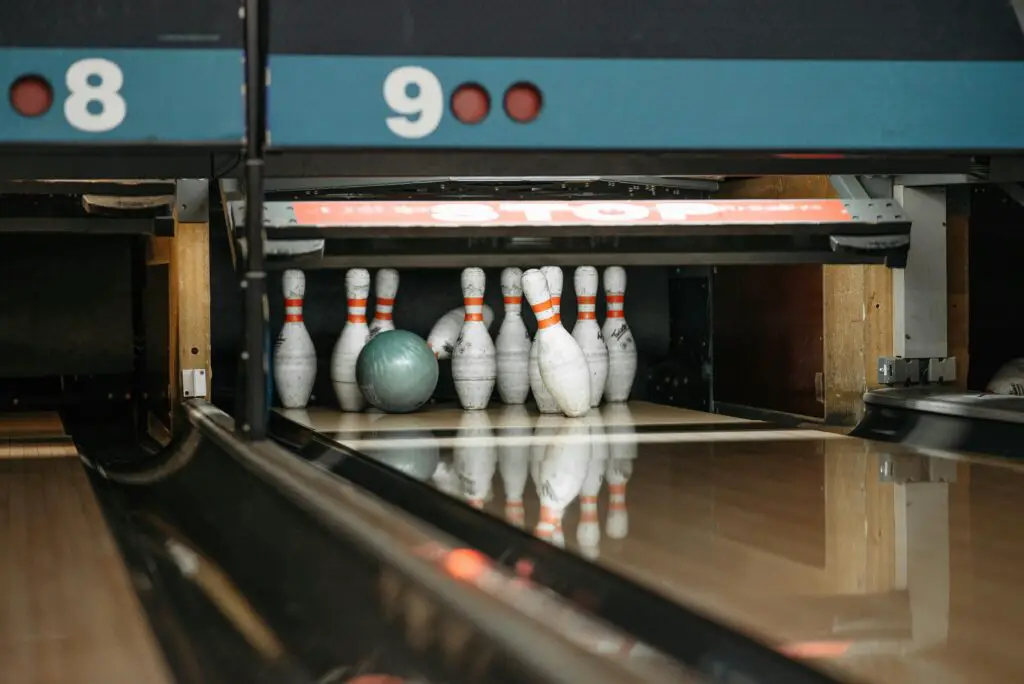
Before automatic bowling machines, pinsetters were the unsung workers behind every bowling alley. These employees manually reset the pins after each throw, ensuring the game could continue uninterrupted. Pinsetters often worked in dimly lit areas, dodging fast-moving bowling balls while resetting the pins. It was a job that required quick reflexes and a keen awareness of the game’s flow.
As bowling technology advanced, automatic pinsetters were introduced in the ’50s and ’60s. These machines could reset pins without any human intervention, and the need for pinsetters faded away. Though it was once a staple job in bowling alleys across the country, pinsetting was soon relegated to history as technology took over.
8. VCR Repairman
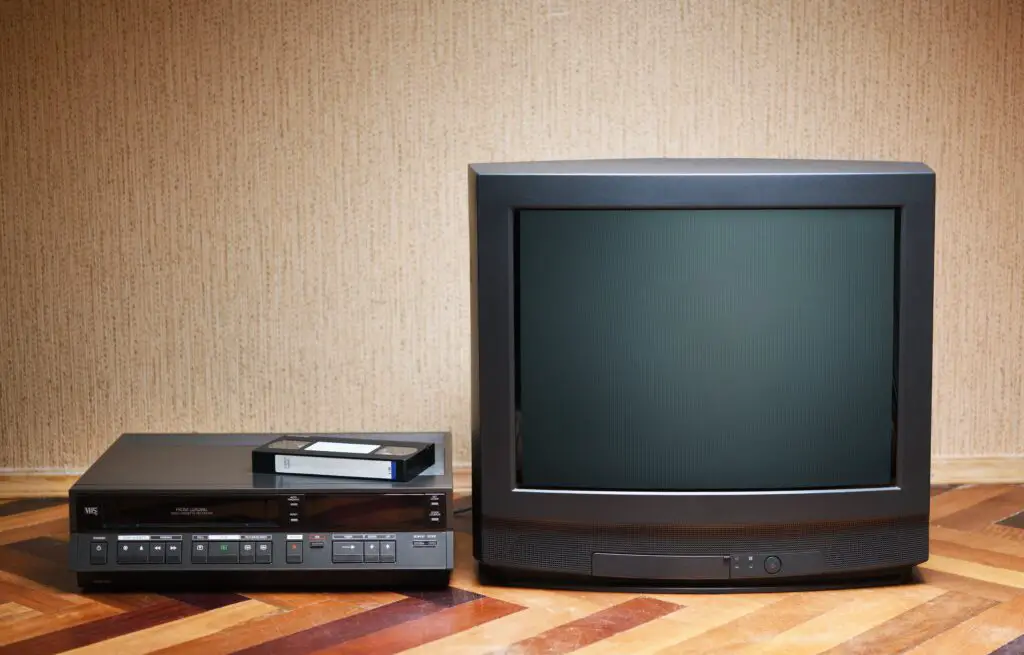
During the ’80s and ’90s, VCRs were a household staple, and if your machine broke, a VCR repairman was the one to call. These specialists had the tools and knowledge to fix any issues with your VCR, from jammed tapes to malfunctioning heads. They were an essential service for families trying to enjoy their favorite VHS tapes, especially in the pre-DVD and Blu-ray days.
With the rise of DVDs, Blu-ray players, and eventually streaming, VCRs became obsolete. People simply stopped using VHS tapes, and repairmen who specialized in fixing these devices saw a dramatic decline in demand. As the digital age took over, the job of the VCR repairman quietly disappeared, much like the format itself.
9. Lamplighter

In the days before streetlights were powered by electricity, lamplighters were the individuals responsible for lighting gas lamps in cities and towns. These workers would walk their routes after sundown, carrying a long pole with a flame at the end to ignite the lamps. They were a crucial part of keeping cities illuminated and safe during the evening hours.
Once electricity became the standard for street lighting, the role of lamplighter was phased out. Cities switched to electric streetlights, which didn’t require manual lighting, and the profession was no longer needed. Lamplighters, who once played a key role in urban infrastructure, became another casualty of technological progress.
10. Milk Delivery Driver

This job was similar to the milkman, but the emphasis here is on the drivers who also handled other dairy products. The job required transporting milk and other dairy goods from farms or dairies to local stores or directly to homes. In some cases, these drivers would even stop by multiple homes on the same route to drop off fresh supplies each morning.
As supermarkets took over, delivering dairy products became much easier, and the milk delivery job began to fade. People could easily pick up their milk during grocery shopping trips, making the need for home deliveries less critical. The role of the milk delivery driver, much like the milkman, became a thing of the past as consumer habits shifted.
11. Typewriter Repairman

When typewriters were the essential tool in nearly every office, typewriter repairmen were crucial for keeping them in working condition. These skilled workers understood the intricate mechanics of typewriters and could fix anything from a jammed key to a broken mechanism. In a world where typewriters were the primary mode of writing, having a reliable repairman was key.
However, as personal computers took over and typewriters became obsolete, the need for typewriter repairmen quickly diminished. The transition to digital typing meant fewer repairs and eventually no need for repair specialists. The once-reliable job of fixing typewriters became just another part of history’s technological evolution.
12. Radio Operator
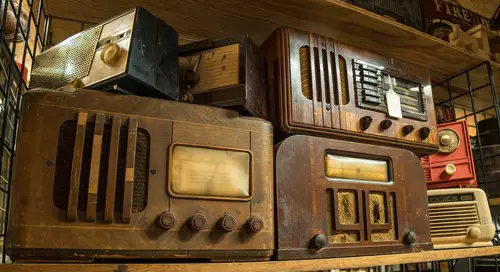
Back when radios were a lifeline for communication, especially for ships at sea or military operations, radio operators were in high demand. They transmitted messages using Morse code or voice, playing an essential role in keeping people connected over long distances. For many, the job required specialized training and focus to ensure messages were sent and received clearly.
As technology progressed, satellite communications, email, and instant messaging rendered the need for radio operators virtually nonexistent. The once-vital job lost its purpose as global communication systems became more sophisticated. What was once an essential skill in both military and civilian life became a forgotten profession in the age of instant digital communication.
13. Ice Cutter
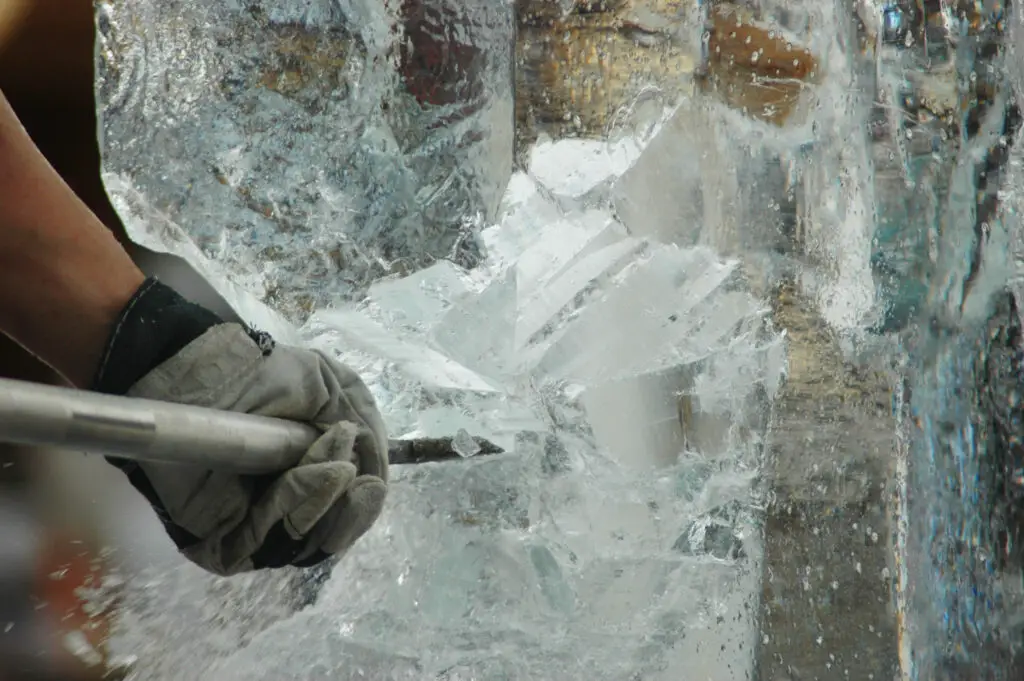
Before modern refrigeration, ice cutters were the ones who harvested ice from frozen lakes and rivers during the winter months. This ice was then stored in icehouses and sold to businesses and homes to keep food cold during the warmer months. Ice cutters used large saws and tools to carve the ice into blocks, working in freezing temperatures for long hours.
With the development of refrigeration and electric freezers, the need for ice cutters quickly vanished. People could store their own ice at home, and the ice industry collapsed. What was once a grueling but essential job was replaced by technology, and ice cutters were no longer needed to keep things cold.
